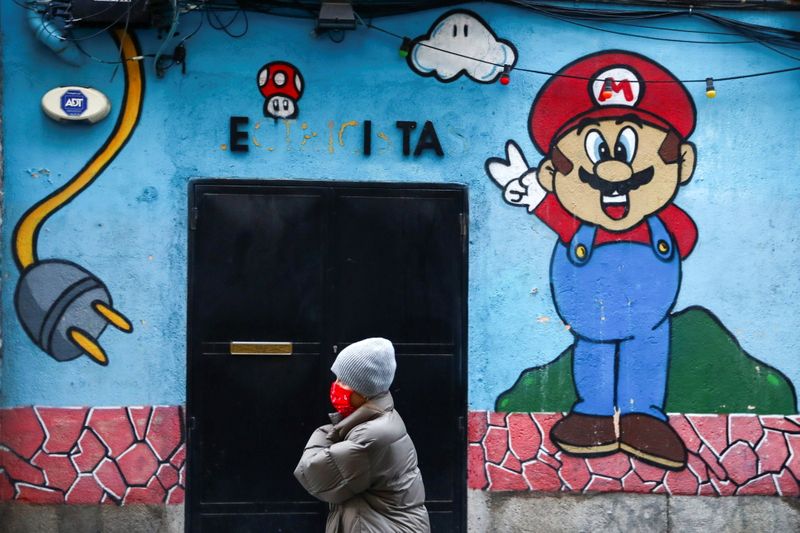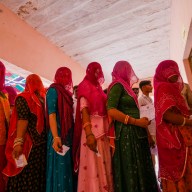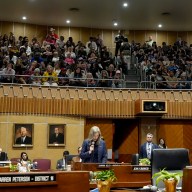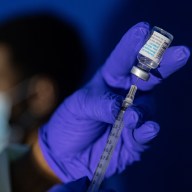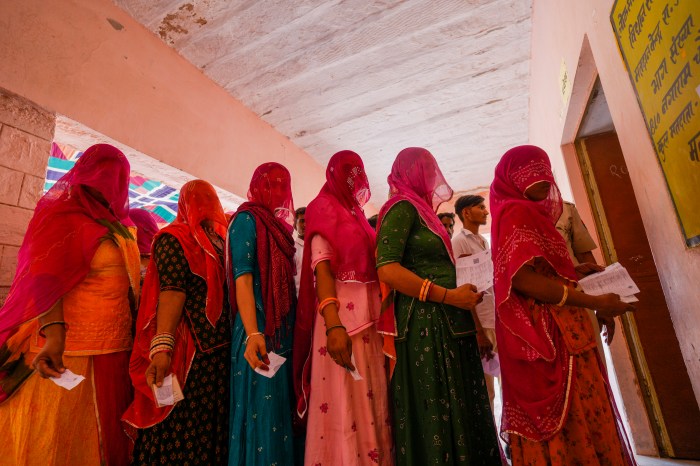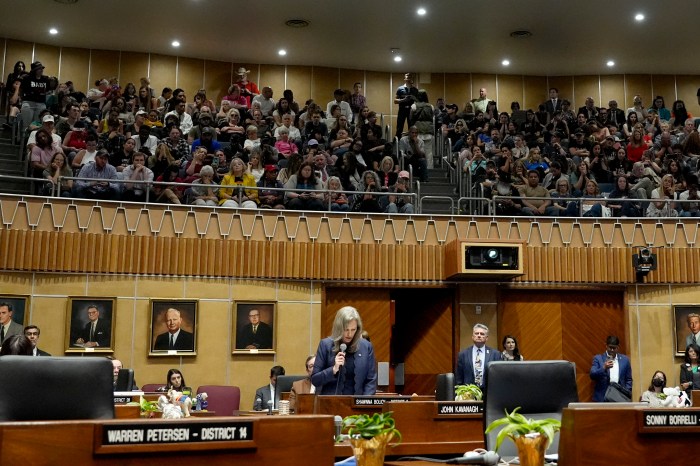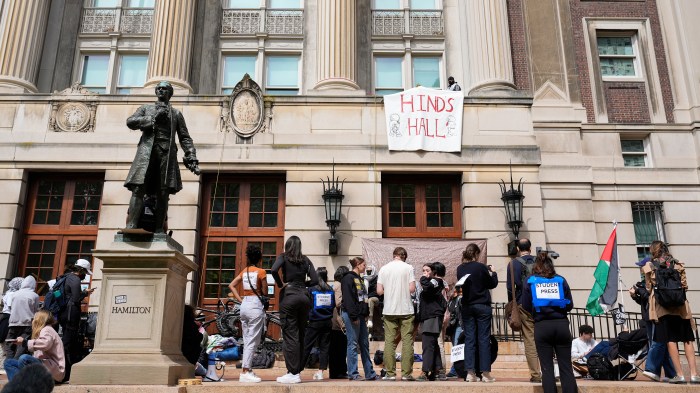MADRID (Reuters) – The Madrid region will start relaxing its COVID-19 restrictions this week, officials said on Monday, even as the rest of Spain and Europe are toughening up measures to tame a third wave of infection.
From Friday, groups of up to six people will be allowed to gather at outdoor restaurant terraces, up from the current limit of four, while a 10 p.m. curfew might be pushed to midnight.
People are still allowed to eat and drink inside bars and restaurants, but they have to leave at 9 p.m.
“In Madrid, we are doing everything in our power to keep our bars and restaurants and our cultural space open despite political pressure,” said conservative regional leader Isabel Diaz Ayuso, who has repeatedly clashed with the left-wing central government on how to tackle the pandemic.
Her administration has studied accelerating the vaccination programme for workers in “highly exposed sectors,” she said on Monday, adding that this could include teachers, as well as waiters and taxi drivers.
Madrid’s 14-day incidence of the virus reached 978 cases per 100,000 people on Monday, above the national average of 866 cases.
Ildefonso Hernandez Aguado, a public health professor at Miguel Hernandez University, said the region’s insistence on keeping restaurants open was the main reason behind its high infection rate.
Spain reported 79,686 new cases since Friday, slowing from the previous weekend’s tally of 93,822 and pushing the cumulative total above 2.8 million. The death toll rose by 762 to 59,081.
With governments across Europe grappling with delays to vaccine shipments, some Spanish regions – including Madrid – had to suspend vaccinating new people last week.
But Health Minister Carolina Darias reaffirmed national targets of vaccinating 80% of people over 80 and health workers by the end of March, and having 70% of the total population inoculated by the end of summer.
Spain will receive a combined 2.3 million doses of Pfizer and Moderna vaccines in February, she added.
Officials in Catalonia said the region had received a shipment of 65,520 doses of Pfizer vaccines, slightly lower than initially agreed, and expected to soon receive 8,500 doses from Moderna.
This will allow the northeastern region, which was fast running out of doses, to continue vaccinating.
(Additional reporting by Emma Pinedo, Inti Landauro and Joan Faus; Writing by Nathan Allen; Editing by Angus MacSwan and Steve Orlofsky)

